So many times in my life and career, I have looked around and thought: Shouldn’t there be, like, an adult present? Can you hire babysitters for yourself as a grown-up?
Since starting my own business, my schedule has been completely upended. I’ve often had random chunks of free time during the mornings. This newfound time allowed me to say yes when I was invited to play outdoor squash in the back of Maspeth Welding at the world’s only steel court, located in Queens.
I was invited by Vera Galvez, an executive at Maspeth Welding and an avid squash player. She and I had met at a tournament. We had played towards the end of the day, and in stark contrast with the tense tone of previous games, she and I had laughed and chased after balls like children while winter rain slammed against the windows outside. We had what you might call chemistry. Vera had beaten me—she is the superior player—but she wanted to keep hitting together and she invited me to Maspeth. Manhattan-ites famously hate traveling to outer boroughs. I figured that I would never actually make the trek, until I finally did this spring.
This court is the only one of its kind in the world. The hand-welded steel court with a back glass wall is the brainchild of Maspeth Welding CEO Jeff Anschlowar, a longtime player who is also a welder and engineer. Jeff designed and built the court, which finished construction shortly after the COVID-19 pandemic hit. Squash coach Robert Gibralter, an advocate for the sport at the Squash and Education Alliance (as well as Anschlowar’s hitting partner), is the court pro. Since its construction, the court has become an urban legend within the squash world—except it’s real!—and it attracts players from around the world for regular play as well as for sponsored tournaments. Maspeth Squash also has an Instagram account, where you can find up-to-date photos from the court, all beautifully shot by writer and photographer Freddy Ramirez.
My trip to Maspeth Squash turned out not to be a one-time thing, and I began to return somewhat regularly. In the meantime this tribe of Maspeth Squash ringleaders—Vera, Jeff, and Robert—have taken me under their stylish, athletic Gen-X/Boomer wing. In every way, they are further along in their lives than I am, yet I–a pisher millennial coming from Manhattan–feel at home with them. They couldn’t have been my parents, but they could have been the babysitters.
I loved my babysitters growing up. They were cool older girls who painted my toenails and filled me in extensively on their love lives. One time after college, I ran into a former babysitter of mine at a neighborhood barbecue. Approaching me enthusiastically, she began to thank me profusely for dating advice I had apparently given her once while she was watching me. I would have been, like, nine years old. I had really helped her, she said. She seemed a tad over-served, but the sentiment was obviously sincere.
“It was no problem,” I told her. It felt nice to know that I had contributed to the relationship.
When I babysat as a teenager I was exceedingly lenient, to the point where both the kids and parents knew my number. Once a parent turned to me and said, “You know you can yell at them, right?”
Babysitters should be lenient, though. When I first entered Maspeth Welding, I was given a tour by Vera on our way to the squash court. Huge pieces of steel and boxes with famous names on them leaned against walls and tables. Maspeth Welding does a wide variety of steel construction work, and the company counts Cartier, Valentino, the Metropolitan Museum of Art, and many others among its clients. Maspeth Welding has also recently expanded into the aerospace sector.
As we walked past men in welding masks and hardhats, they were banging and sawing objects with their heads bowed in concentration. Orange sparks flew in controlled clouds of miniature, fireworks-like explosions.
“Don’t look at the sparks directly,” Vera told me.
“But I already did,” I said.
“That’s okay, it was only for a minute,” she replied.
We got outside and began playing. Bangs and pops proceeded from the welding yard right behind the court. I missed a shot and admittedly I cussed. I apologized, but Vera waved me away dismissively.
“You’re in a welding yard,” she said.
The steel court is a thing of functional beauty. I have somehow only played there on sunny days, and the contrast with the blue sky is amazing. The artist who immediately comes to mind when I think about this court is the visionary American sculptor Richard Serra, who unfortunately passed away this year. His enormous steel sculptures reside in major collections all over the world. Serra grew up in shipyards and initially made money by working in steel mills; this early influence is very apparent in his work.
The idea behind many of Serra’s steelworks is to make the viewer the subject. His sculptures are site-specific and they require viewers to engage in an ever-fluctuating physical experience.
One article notes that Serra’s sculptures “strain against the limits of what is possible, or even thinkable” in the places where they are constructed. Referencing one sculpture, author Douglas Crimp says that it “belonged only in that space, could logically belong nowhere else, yet it had no business being there. That is to say, it physically disrupted the usual commerce of that space.” Maspeth Squash could easily fit that description.
However the comparison only goes so far. In a 1993 interview with photographer David Seidner, Serra states, “Most objects imply usefulness, whereas art is purposefully useless. You use a chair but you experience a sculpture.”
I love Richard Serra and I love his steel sculptures. I feel moved by the masculine art that this man created. The sincerity, effort, and handmade straightforwardness of Serra’s work feel very raw and sweet in such a distinctly male way. The art also has a certain muscle, and I feel that no other energy but a masculine one could have made it. So too I appreciate Maspeth Squash, a beautiful handcrafted place built by men from love and skill.
If I had things my way, I would play at Maspeth Squash in the afternoons because it is hard for me to wake up early. Meanwhile the Maspeth Squash folks get up at 4 or 5 am. They know I am a late sleeper and they have repeatedly offered to give me wake-up calls. I never take them up on it because I want them to see how grown-up I am.
After we play I sometimes get a ride back to the city with them. They all have cars—the most desirable babysitters always do. So many people are afraid of driving in the city, but not the Maspeth Squash folks. My drivers whiz us past the flatbed trucks of Queens and towards the skyscrapers of Manhattan. On the days when they can’t chauffeur me, they seem genuinely worried about how I’ll get back to Manhattan. I assure them that I’ll be okay.
My only previous exposure to welding consists of the 1983 cult-classic romance film Flashdance. Flashdance stars Jennifer Beals as a young, beautiful welder who dreams of becoming a ballet dancer. In the meantime she makes a living by working at a steel mill and dancing at a nightclub. It’s a cheesy movie that’s famous for being famous.
I asked my Maspeth Squash friends—twice!—if they had ever seen Flashdance. The thing about hanging out with the older kids is that you can be a little annoying. No one even dignified my question with a response.
Whether or not you’ve seen Flashdance, you’ve almost certainly heard its famous theme song by Irene Cara. The song tells the story of chasing your dreams in harsh circumstances, specifically “a world made of steel, made of stone.”
The Flashdance song talks about “a slow glowing dream that your fear seems to hide deep inside your mind.” As the song builds in intensity, we hear sounds meant to imitate the clanging of construction.
Court-side, I have spoken with Jeff Anschlowar about the challenges of starting a business in New York City, a world made of steel and stone if there ever was one. Jeff is operating on a much larger scale than I am–he has expanded Maspeth Welding into a very big business—but like Vera and Robert, he doesn’t make me feel like a small fry. All three of them build bodacious things–their businesses, their squash games, their social networks—and they’re having fun doing it.
“Take your passion, and make it happen,” Irene Cara sings in the Flashdance song. In New York, I generally meet two kinds of people. There are the people who complain, justifiably, about how hard it is to live here. The costs of everything from rents to cab rides are already sky-high and they are always increasing. These people try fruitlessly to outsmart this expensive, demanding place—which unfortunately nobody can—by remaining small, minimizing costs, and in general trying to stay out of this city’s way before it gets the better of them. They shrink to avoid getting knocked over.
But there’s a second group. They are the ones who, in the face of New York City’s intimidating roar, decide to roar back. They double down on their skills. They dig inwards then outwards, and they build things on a bigger and grander scale than they ever otherwise would have, because this place demands it. And they build fearlessly, because you can’t be so scared if you’re going to make New York City work for you.
They have pushed back on this pushy city, and now New York has become pliant for them. Seeing New York City through their eyes suddenly makes it look not like a fearsome place, but rather a creative and social playground. They don’t let this place bully them.
In life you can try to shrink yourself to avoid getting hurt, to minimize potential damage. Or you can dig in, take up space, and try to win. “I can have it all,” as the Flashdance song says.
New York City is harsh, but it has your best interests at heart. It is trying to get you to maximize your potential—to take your passion and make it happen.
Vera recently played in the squash World Masters in Amsterdam (see below). She told a group of us early one morning that she needed a ball feeder to help her train for it. “Maybe I’ll just make one,” she mused. What a lesson, I thought to myself as I opened the court’s outdoor fridge in search of water. I found only Heineken.
The Maspeth Squash people distribute their own gorgeous rackets. They are orange and gunmetal blue, and they feature Maspeth Squash branding. They recently gave me one, and it’s one of the most special gifts I’ve ever gotten.
I thought it could be interesting to wear a welding mask for this essay’s photoshoot. I requested one and Vera said yes right away. “Don’t do anything I wouldn’t do,” she added. The day of the shoot, I was brought to Jeff’s office, where I received a freshly Windex-ed welding mask. I could feel the love in the Windex. When I asked Jeff whether he needed to see the finished essay before I published it, he told me, “I learned a long time ago not to squelch creativity.” That’s one lenient babysitter!
Hanging out with the cool older kids makes you hyper-aware of how fleeting life is. You connect with people at different stages in life, and there’s no way to catch up with them. I can only enjoy them now. To quote another ‘80s cult classic 9 ½ Weeks, I see myself in them.
You don’t need babysitters forever. Starting this month, I’ll be significantly increasing my coaching workload with one group of clients. It turns out that all those free mornings—which felt so permanent this spring—were not.
Thank you to my friends at Maspeth Squash for showing me how it’s done—truly. See Nico Perez’s photos of me at Maspeth Squash—including one with a welding mask—on Instagram.
She’s not a client, but congratulations to Vera Galvez (front row, second from left) for competing in the 2024 WSF World Masters Squash Championships in Amsterdam!





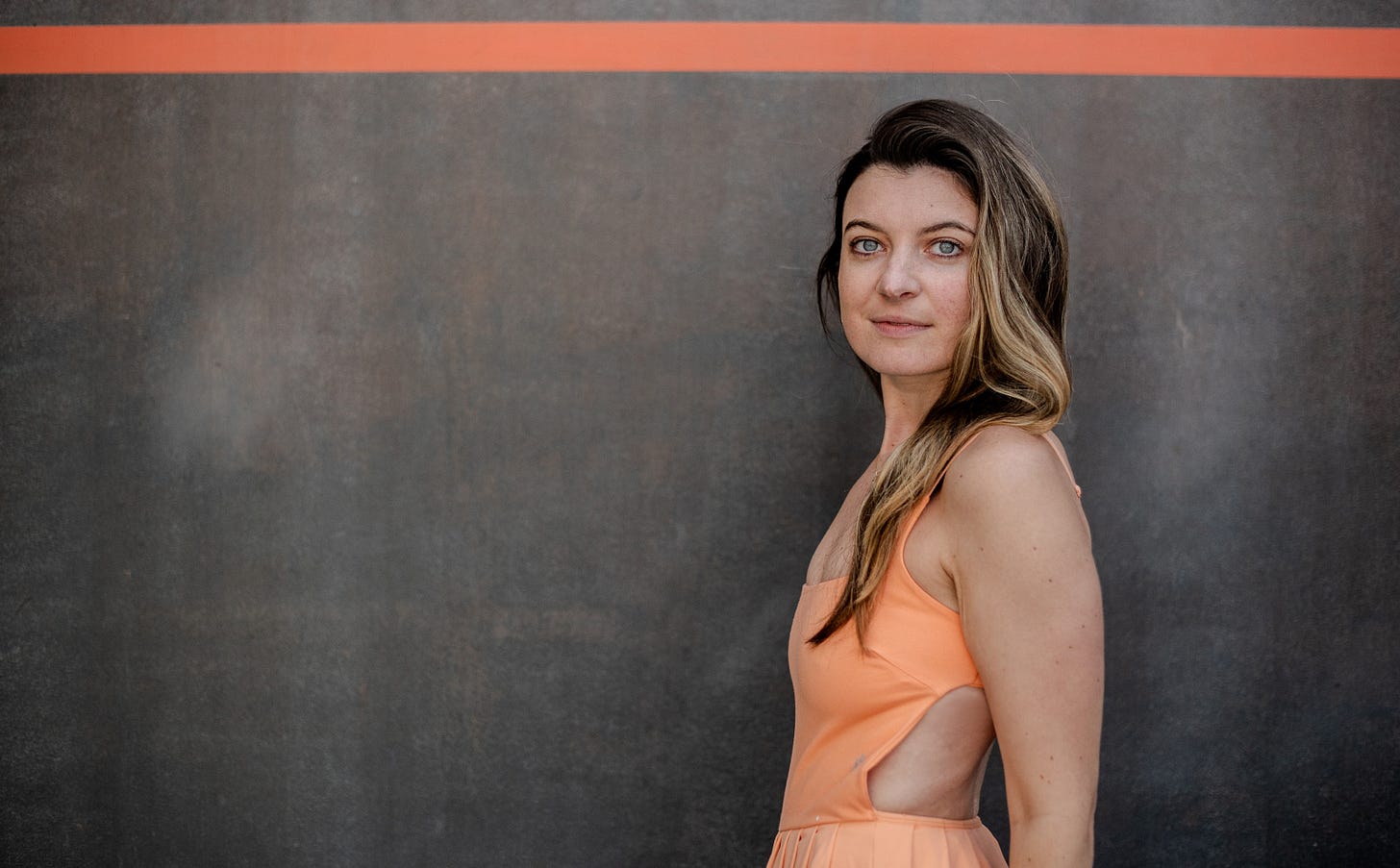
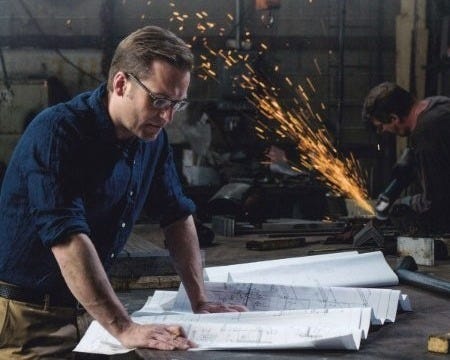
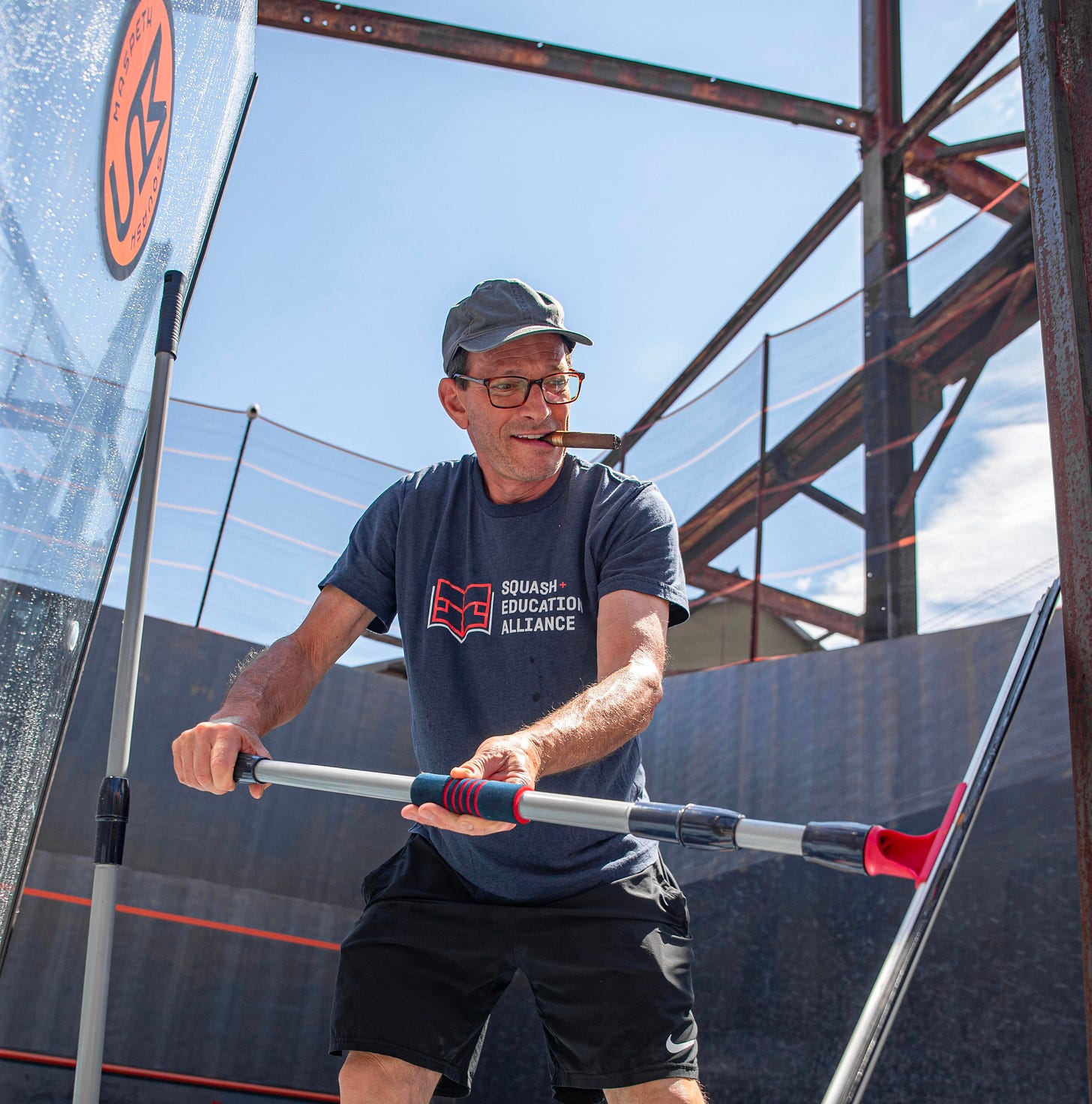
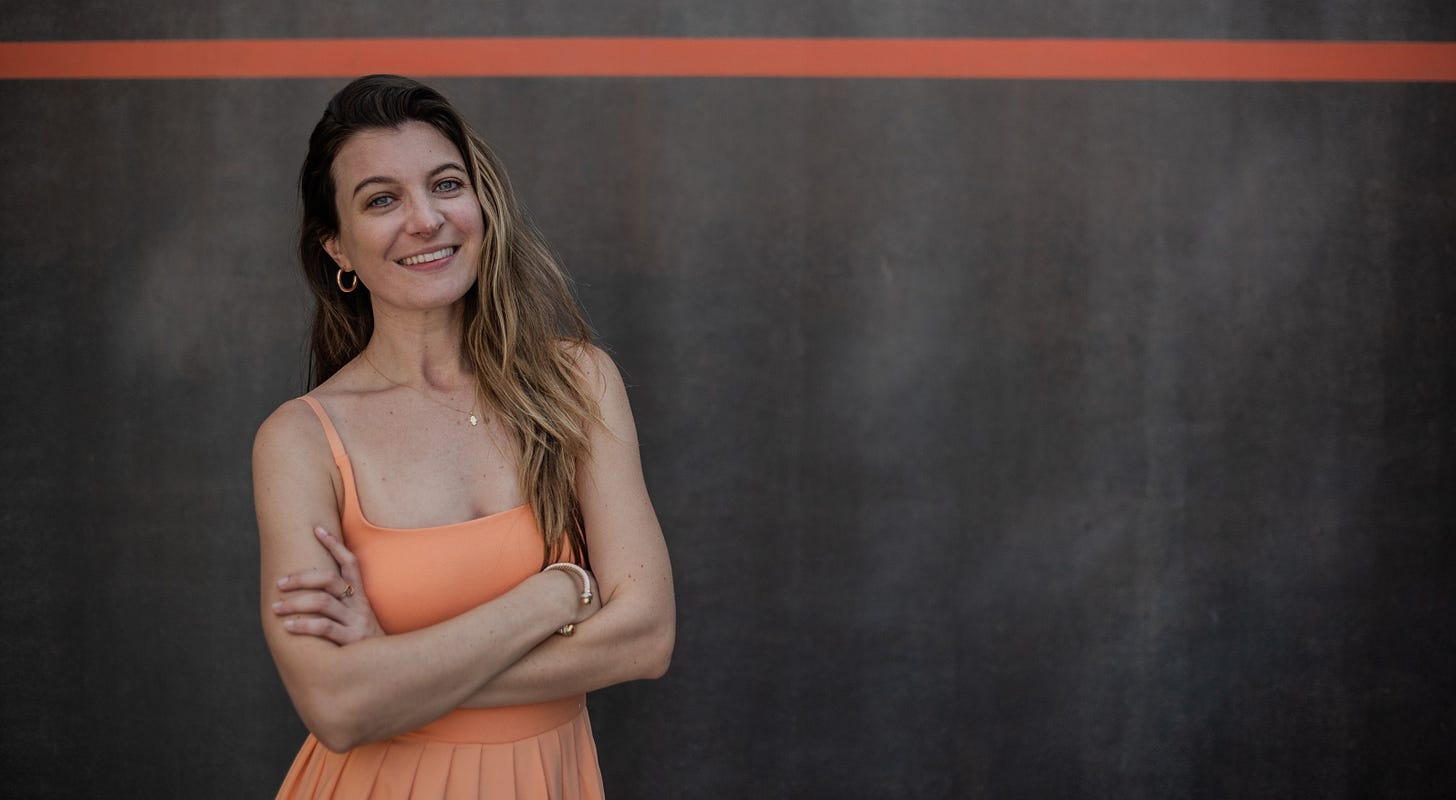
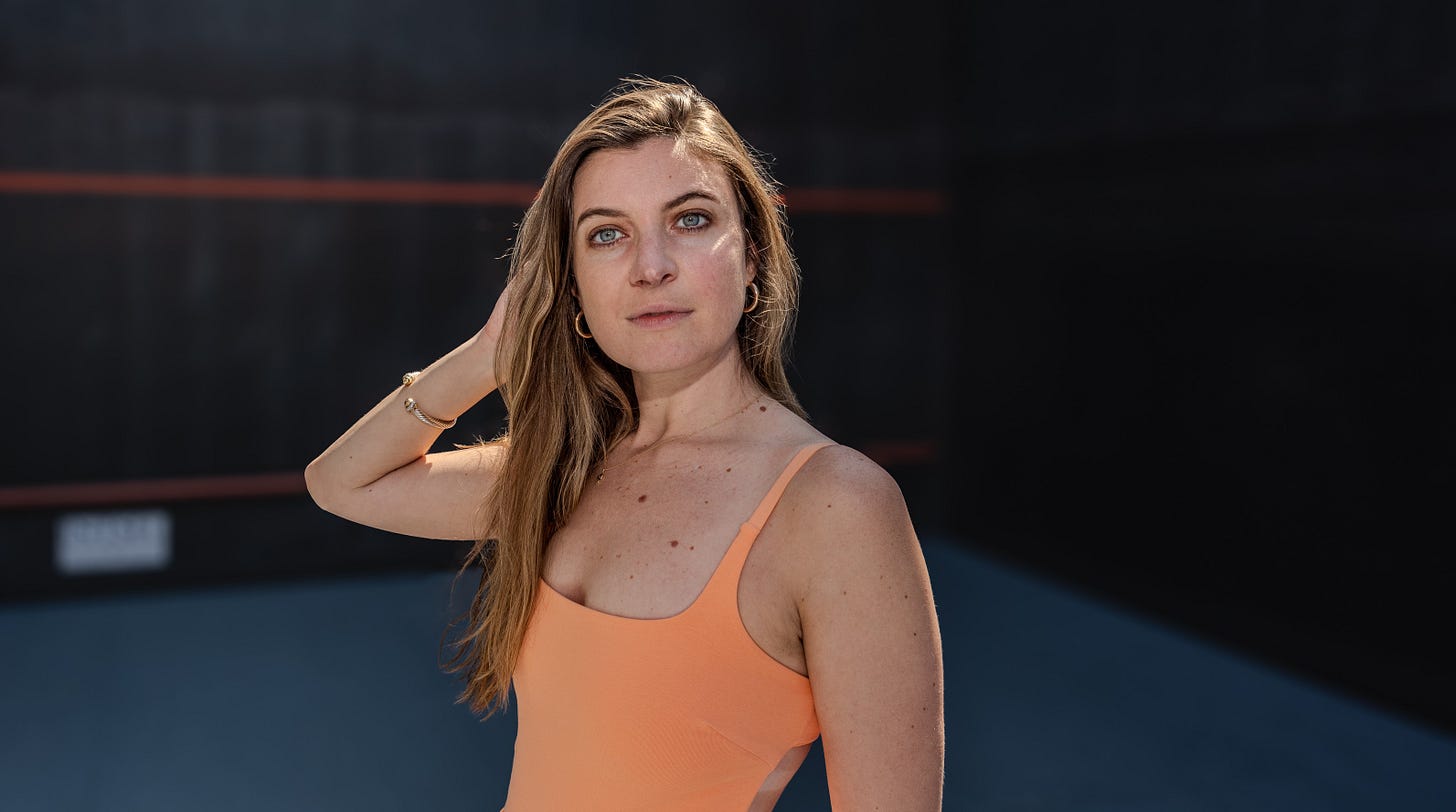

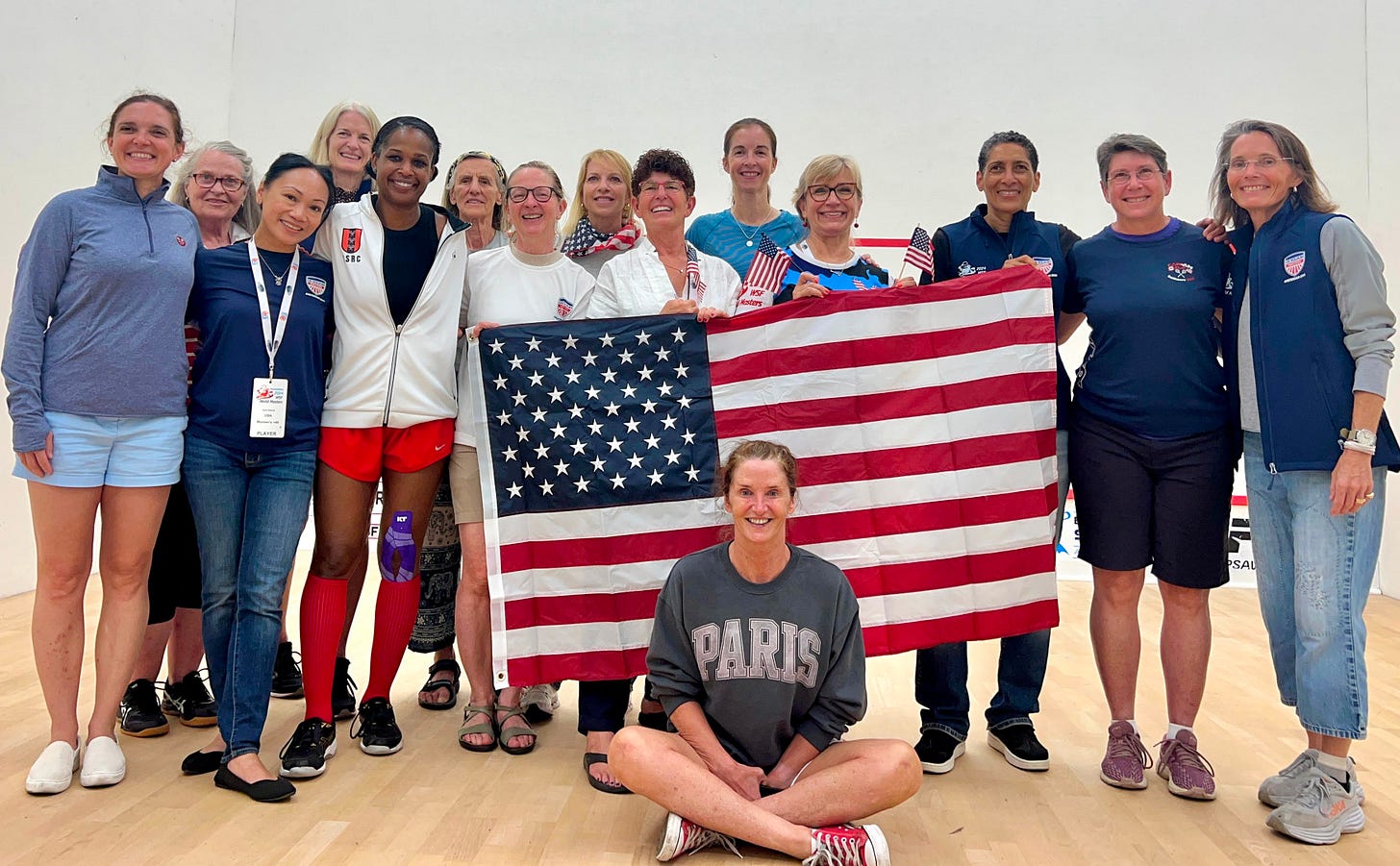
I subscribed to a bunch of substacks. I usually subscribe thinking I will read them when they come into my inbox. But that rarely happens. I guess they just don't hook me in. Your writing always does. When I see your email I am always eager and excited to read it. It is a joy!